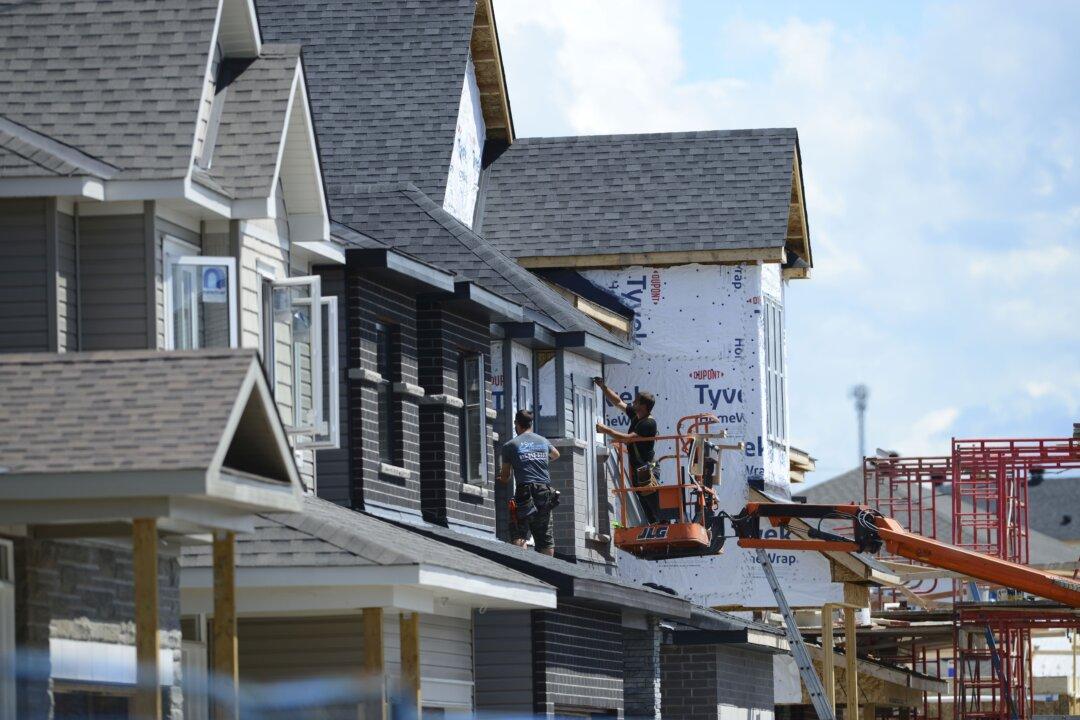For decades, some economists and commentators have been predicting that the real estate “bubble” will cause house prices to crash in Canada. With the Bank of Canada now continually hiking interest rates, could the decline some have been predicting be on the horizon?
While some say the various factors putting upward pressure on prices—such as increasing immigration and lagging housing supply—will keep a crash at bay, others believe a housing market crash is in the cards.





